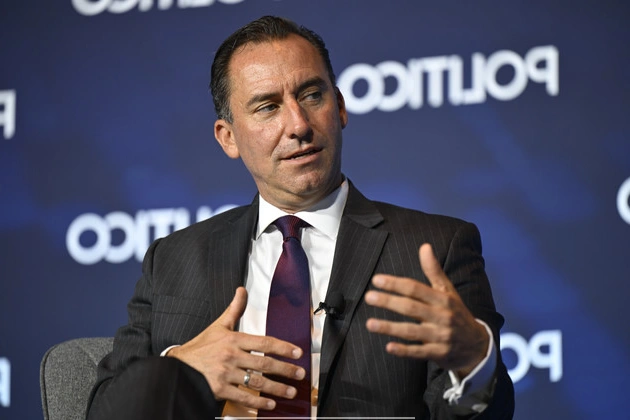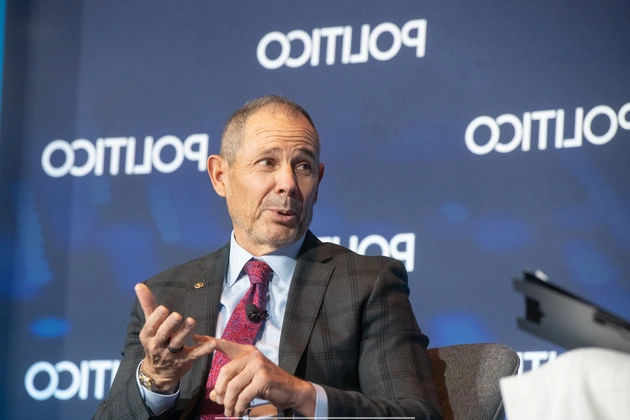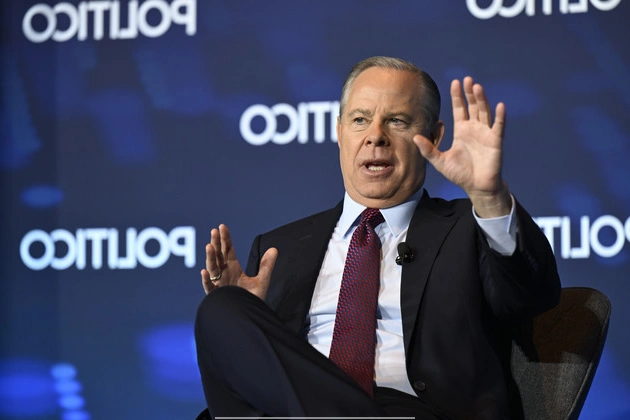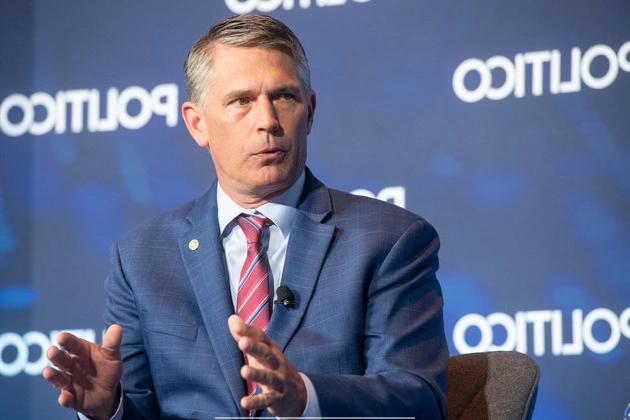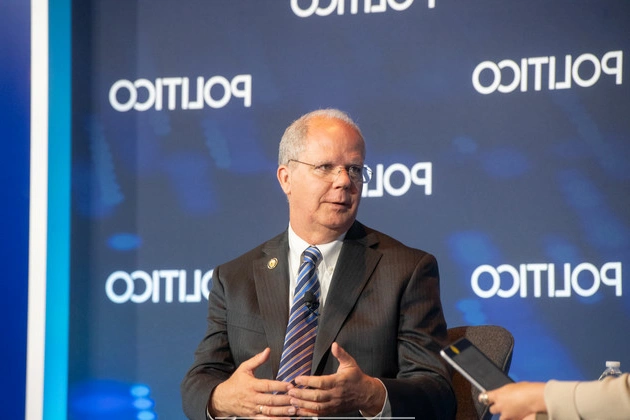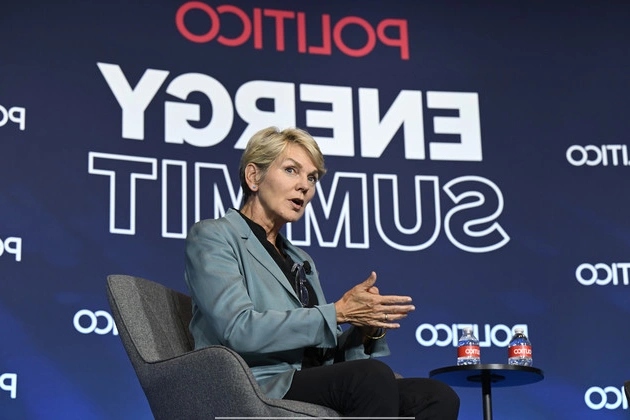
Democrats faced hurdles in effectively communicating the benefits of clean energy jobs to voters during the recent campaign season. Jennifer Granholm, former Energy Secretary, highlighted the importance of addressing this gap at POLITICO’s Energy Summit in Washington.
Granholm, who held the Energy secretary position under President Biden, expressed regret over the lack of emphasis on new energy job opportunities in the Democratic campaign narrative. While the Biden administration prioritized investments in wind, solar, and electric vehicles, the narrative shift back to fossil fuels under President Trump posed challenges.
The Need for Diverse Outreach
Granholm emphasized the necessity for Democrats to engage with a wider audience and venture into unconventional platforms to disseminate their message effectively. She cited the example of Joe Rogan, a popular podcaster with a significant following, urging Democrats to engage with diverse audiences.
Moreover, Granholm called on Republicans to reconsider stringent regulations hindering clean energy projects. She advocated for easing restrictions on foreign company participation in projects, extending construction commencement timelines for tax credit eligibility, and preserving transferability provisions for clean energy credits.
Insights on Clean Energy Advocacy
Commenting on the public exchange between former President Trump and Elon Musk, CEO of Tesla, Granholm praised Musk’s contributions to the clean energy sector. She lauded Tesla’s innovative approach to electric vehicles and labeled the company as ‘amazing.’
However, Granholm expressed concerns over Musk’s criticism of Republican actions affecting EV tax credits. She warned that the removal of these credits could significantly impact EV sales, with projections suggesting a 40% decline. Granholm highlighted the global implications of such policy shifts, noting China’s potential to capitalize on America’s clean energy setbacks.
During her tenure at the Department of Energy, Granholm oversaw substantial advancements in energy technology and commercialization. Recent legislative support has bolstered DOE initiatives in carbon capture, hydrogen technology, and industrial decarbonization, with significant funding allocated for these projects.
Regulatory Challenges and Industry Shifts
Despite these progressions, recent policy shifts post-Trump administration have signaled a reevaluation of DOE funding priorities. Reductions in grants for carbon capture projects and other environmental initiatives have raised concerns about the future of clean energy investments.
New Energy Secretary Chris Wright’s decision to maintain a coal plant operation in Michigan has sparked debates on energy security and resource management. Wright’s stance reflects a shift towards safeguarding American energy interests and aligning with President Trump’s energy dominance agenda.
Granholm’s transition to the private sector post-government service includes advisory roles in prominent energy firms like Edison International and the DGA Group. Her strategic counsel to corporations and investors underscores the continued influence of her expertise in the energy sector.
In conclusion, the discourse on clean energy advocacy and policy reforms underscores the evolving landscape of energy transition. Granholm’s insights shed light on the challenges and opportunities in promoting sustainable energy practices amidst shifting political dynamics.






